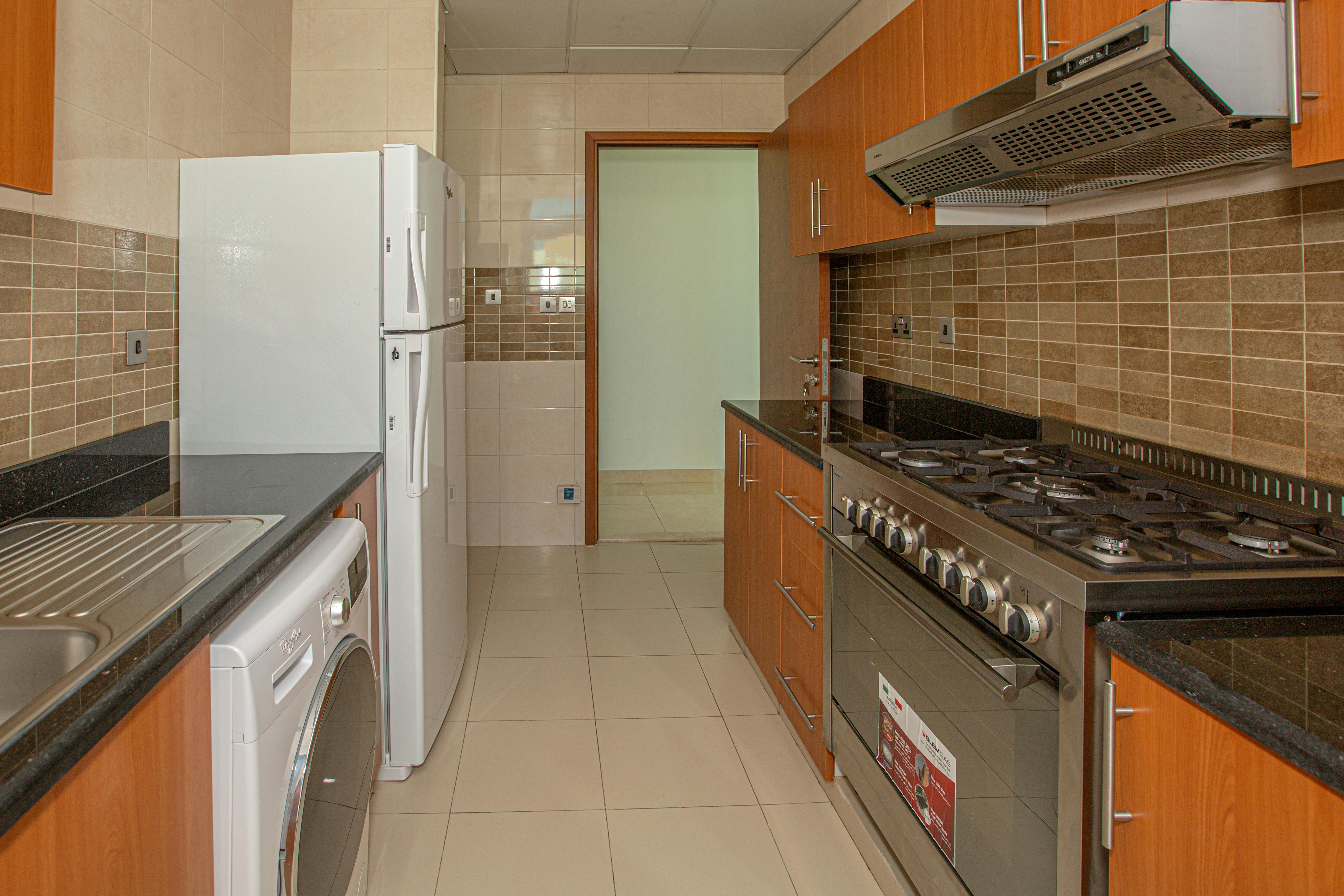The bad news: It looks like a recession is coming, and in fact, it may already have started. The good news: An economic downturn represents a rare opportunity to improve your company’s strategic position.
The evidence of a probable recession is everywhere. The Conference Board’s index of leading economic indicators suffered its biggest six-month decline through January 2008 since the last recession in 2001. The latest jobs report revealed that overall US employment was lower last month than the three previous months. Every time since the 1970s, a recession was either underway or came soon after.
With a recession likely, the knee-jerk reaction is to cut R&D, capital spending, marketing programs, staff, etc. to maintain liquidity and profitability. While such actions may be understandable and, in fact, necessary for some companies in financial trouble, for most companies they would be a serious mistake.
Numerous studies have documented how aggressive companies have achieved significant long-term gains against competitors who cut key investments during downturns. For example, a McGraw Hill analysis of the 1980s of 600 companies showed that companies that maintained or increased advertising during the 1981-82 recession grew by 275% through the mid-1980s, while those that reduced advertising grew only 19%.
During the 1990-1991 recession, in the midst of a brutal price war with AMD, Intel invested $5 billion in new factories for its Pentium processors and launched its brilliant “Intel Inside” brand campaign, which led to dramatic gains in share. market share and profitability throughout the 1990s. Locally, South Shore Equipment, a Waipahu-based lawn and garden equipment dealer, increased marketing spending during the 2001-2003 downturn and grew significantly.
Several factors allow forward-thinking companies to gain share during downturns: retreating competitors, owner motivation due to financial pressures, increased customer receptiveness to change, and more management and staff time to devote to process redesign. commercial.
Seven key strategies can improve your competitive position during the coming downturn, although many will have a short-term impact on profitability.
1) Understand your financial position and address any burning issues. If you are in a cash crunch, you may need to raise capital or cut costs and investments quickly. Closely monitor and evaluate inventory, accounts receivable, new customer credit, capital investments, and discretionary spending.
2) Improve customer service. Understand customer needs and the economy to increase delivered value, rather than discount. Bain & Company consultants report that a 5% increase in customer loyalty can lead to a 40-90% increase in customer lifetime value.
3) Improve efficiency. During boom times, prices are more influenced by the high-cost producer. In a recession, the low-cost producer rules. Invest in technology and redesign your systems to streamline operations, involving your employees in the process.
ComTel, a Honolulu-based communications technology provider, implemented its own virtual office and telecommuting technologies in January to enable more employees to work effectively from home. Rental and parking cost savings exceed $8,000 per month, while employee satisfaction has increased
4) Maintain or increase investments in marketing programs and monitor ROI. South Shore Equipment has increased its advertising again and is offering aggressive promotions on complementary products valued by its customers. It’s concentrating ad dollars on the few media vehicles with the best returns.
Now is a great time to launch or expand Internet marketing initiatives. All Islands TimeShare Resales, a real estate brokerage firm that specializes in timeshare reselling, recently overhauled its website and optimized it for search engine placement, an investment that is already paying off. Owner Douglas Lupton loves that his website costs aren’t at the mercy of Hawaii homeowners.
5) Let go of underperforming workers and apply the savings to further investment in training for the rest of the staff. Communicate your growth plans regularly to maintain morale. Adjust performance goals if necessary to keep them realistic. Do not shut down the recruiting process. Recessions are the best time to pick up the best talent.
6) Acquire synergistic companies or product lines, but avoid unrelated diversification. Hawaii Intercontinental Corp., a distributor of beach lifestyle products, recently purchased one of our customers (Military Nutrition, Inc.), added several complementary and growing nutritional product lines of interest to many of its current customers, and gained many new clients.
7) Stay optimistic. Communicate your vision and confidence to employees, suppliers and customers. Remember, the average recession lasts only 11 months, with real output falling just 0.5 to 2%. Your fervent belief in the potential for extraordinary earnings can become a self-fulfilling prophecy.




